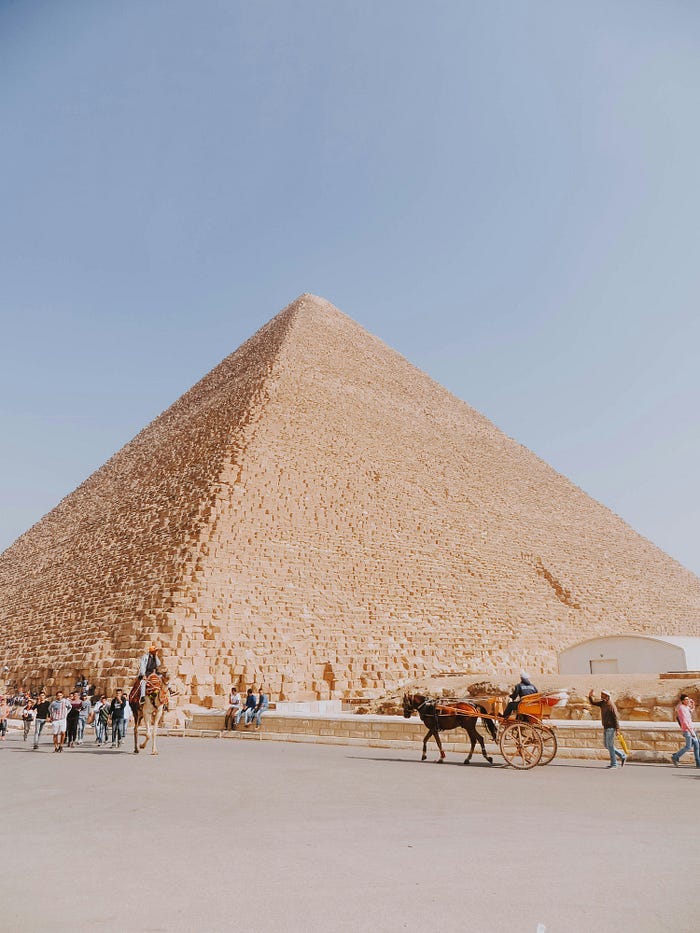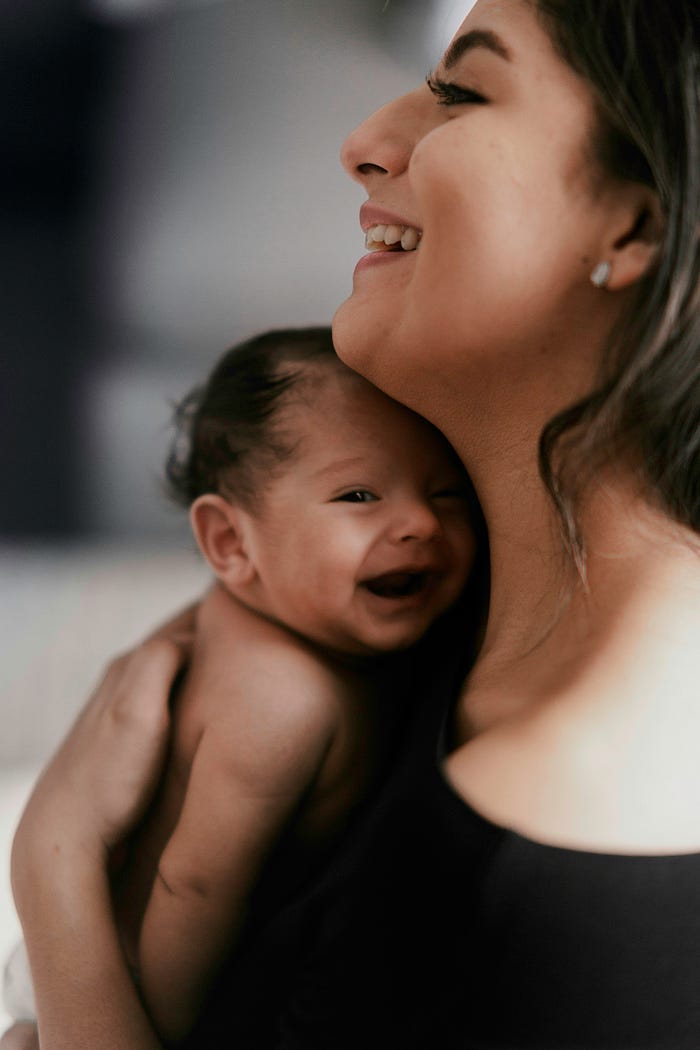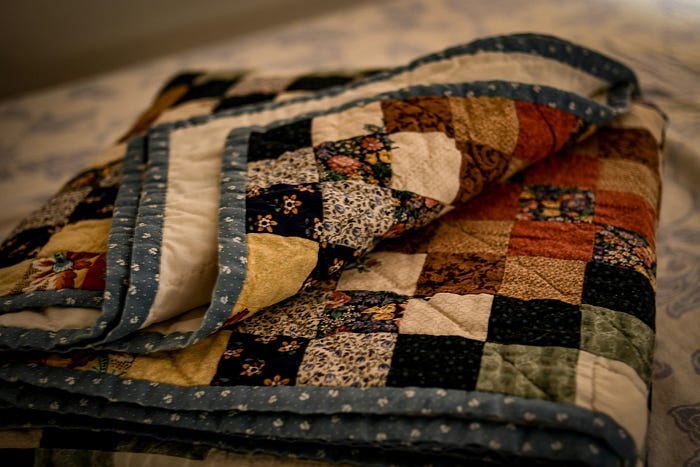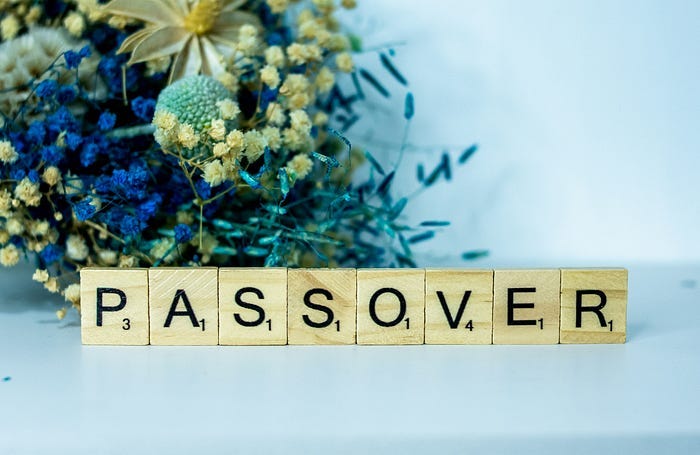This is a guest post from the JPF family by Ruchama Feuerman, author of IN THE COURTYARD OF THE KABBALIST. A “sophisticated and engaging” novel of three innocents drawn into a criminal scheme in modern-day Jerusalem (The Wall Street Journal).
Support the JPF's continual fight against antisemitism! Subscribe today!

Telling The Exodus Story — Again?
I’ve been adding to my Haggadah for the past 40 years. At every Seder I’m always on the lookout for the juicy tidbit, the new understanding, the insight that makes me cry and smile at the same time, the question that gets everyone at the table involved, even the kids. Then it gets recorded in my own Haggadah.
It started back in the 80s, when I was living in Jerusalem and at a Seder. That night I heard an interpretation on the Haggadah that hit me in just the right spot, both intellectually and emotionally nourishing. I knew I’d forget what I’d heard, if I didn’t record it. So after the holiday, I wrote it down in my Haggadah.
Then I thought: Why stop here? How cool would it be to have a Haggadah perfectly attuned to my sensibilities, with my favorite teachers, mentors and Torah commentators featured in the Haggadah. So I started listening and collecting and coming up with some of my own interpretations, too.
It changed the way I approached Passover and how I experienced the Seder.
In Hebrew, Egypt — mitzrayim — means a narrow place, a tight spot, not only in the physical sense but internally, too

“In every generation one is obligated to see oneself as one who personally went out from Egypt…. For not only were our ancestors redeemed by the Holy One, but even we were redeemed with them.” Haggadah
Some commentaries say this is the entire point of the Seder: to experience ourselves as actual slaves, feel the shackle and whip, the heat and mud and stone pressed against our back. To the degree we can feel the degradation and enslavement, to that same degree we’ll celebrate and experience the joy of being liberated, and hopefully develop empathy for the downtrodden stranger along the way.
But here is the interpretation that made its way into my Haggadah:
A parallel narrative or call it a meta narrative is happening alongside the story of Exodus. The word Egypt in Hebrew — mitzrayim — means a narrow place, a tight spot, not only in the physical sense but internally, too. Seeing the world, others, your circumstances, from a place of narrowness and constriction. The Seder is asking us to look inside. What are you enslaved to? Your phone, Candy Crush, compulsively blaming your spouse, envying your neighbor’s life to the point it consumes you, debt? We’ve all got something twisting inside us. Passover reminds me that my enslavement is no pleasure but confining and painful, and that liberation is no dream, but here, now, possible. The Seder gives that first glimmer, an invitation to a place of expansion.(I heard this idea from many people, and most recently from Rabbi Yitzchak Breitowitz)
Whenever the Seder gets draggy and my mind starts to drift, I go inward and meditate on the above.
My daughter asked why we had to keep telling the same story over and over
Here is an idea I heard at my own Seder table, when my children were young. My daughter asked why we had to keep telling the same story over and over, especially since we already knew what was going to happen: The Hebrews were slaves in Egypt and then God took us out.
My husband said, “You sometimes ask me to tell you about the day you were born, right?”
Elana nodded.
“But don’t you already know what happened that day? We’ve already told you that story lots of times.”
She giggled, as if caught.
“You’re not really asking for the facts, though. Like the name of the hospital, on what floor was the birthing room, and the name of the midwife who delivered you. You want to hear how we prepared for you, set up a room for you, bought the softest blanket to make you cozy and a car seat to keep you safe, and we waited and waited for you, counting down the days till we could hold you in our arms.”

A dreamy look came over her face. She understood what she wanted to hear was how she was waited for and joyfully welcomed into the world and loved. No kid will ever tire of hearing that story.
Same thing with retelling what happened years ago in Egypt. It’s an emotional retelling. Passover marks the Jewish people’s birth as a nation. The facts aren’t as important as the emotions embedded in the Exodus retelling. It’s the story of how God desired us, loved us, and welcomed and formed us as a nation. Basically it’s the story of our birthday as a people. A story I will never tire of hearing.
A Patchwork Haggadah
Today my grape-juice stained slim Haggadah has borne witness to many a Seder. Turn it upside down and tiny matza flakes float down from the mystical city of Safed, Shaarei Hessed, a small neighborhood in Jerusalem, Flatbush, Boro Park, Passaic, Silver Spring where I grew up, and who knows where else. Oh yes, St. Lukes Roosevelt Hospital when I gave birth to my first child half an hour before Passover began, and two hours later, had a Seder (brief) while reclining from my hospital bed. (My youngest child was also born on Passover — I hear scrubbing floors induces labor).
The pages of my Haggadah contain the commentary of Rabbi Soloveichik, Rebbe Nachman, Rav Kook, Aviva Zorenberg, Rav Wolbe, the Maharal, Rabbi Jonathon Sacks, Esther Kitov, Rebbetzin Heller, and the Kotzker Rebbe. And others. My own patchwork Haggadah. If I had known from the outset how crammed my Haggadah would get, I’d have bought a bigger one with more space for my chicken scratch scribblings.
And that is a problem. See, back in 1985, when I began personalizing my Haggadah, I wrote in pencil, and a few years in, switched to pen. Now in the year 2025, both have faded. The binding on my Haggadah is broken. Each year my scribblings condense, get smaller and grow more indecipherable, as I try to squeeze in more Torah tidbits. Obviously I need a new Haggadah, with lots of white space, uninked parchment. Shouldn’t I begin anew?

And yet I’m reluctant to set my old Haggadah aside and start another one. For one, I don’t learn Torah nearly as much as I used to, and it may take me another four decades to fill it. And two, there’s so much of me in here. I riffle through the Haggadah and see my Shlomo Carlebach phase over here, and over there my Lubavitcher phase — not that I ever entirely left — and I can practically smell my eagerness to delve deeper, to seek and understand, wafting off these faintly yellowed pages, a passion that mostly characterized my single years in Jerusalem. I can visualize the homes I went to, the strong, feminine, Torah-knowledgeable women and mothers I met, and me thinking, Let me have a home like this one day, let me contribute to the atmosphere, not only with the challahs I bake, songs I sing, and the way I delight in my children and husband, but with the Torah I share. At the beginning of the Haggadah I find: “All who are hungry, come and eat” and the ad hoc commentary, “Don’t come to the Seder unless you’re hungry, really hungry for connection, holiness, friendship, a word from God,” but who said that? All I recall is it was my tenth and last Passover Seder in Israel, and I didn’t know how I’d survive in the exile of the tri-state area.
Sorry, there’s no way I’m starting another Haggadah. Like a house whose walls have absorbed the flavor and essence of a family, these pages have absorbed me. It’s my spiritual diary and my touchstone, the Haggadah of my Jewish life. Guess I’ll just have to write smaller.






Very Jewishy! Love it ❤️
As I read I was reminded of various Seders in my life - the ones with immediate family only when we lived far from extended family and other Jews, the Burtman family seder at the rented Knights of Columbus Hall, led by the oldest great-uncle, counting out the ten plagues with my Boston cousins. Community seders, Lubavitcher seders with a cousin's friends, the longest I'd ever attended. The seders where my father played a recording of the four questions, because he liked the melody, and even the youngest of us were adults. Every one of them brought a new appreciation for our history, the Jewish community and the knowledge that I belong.